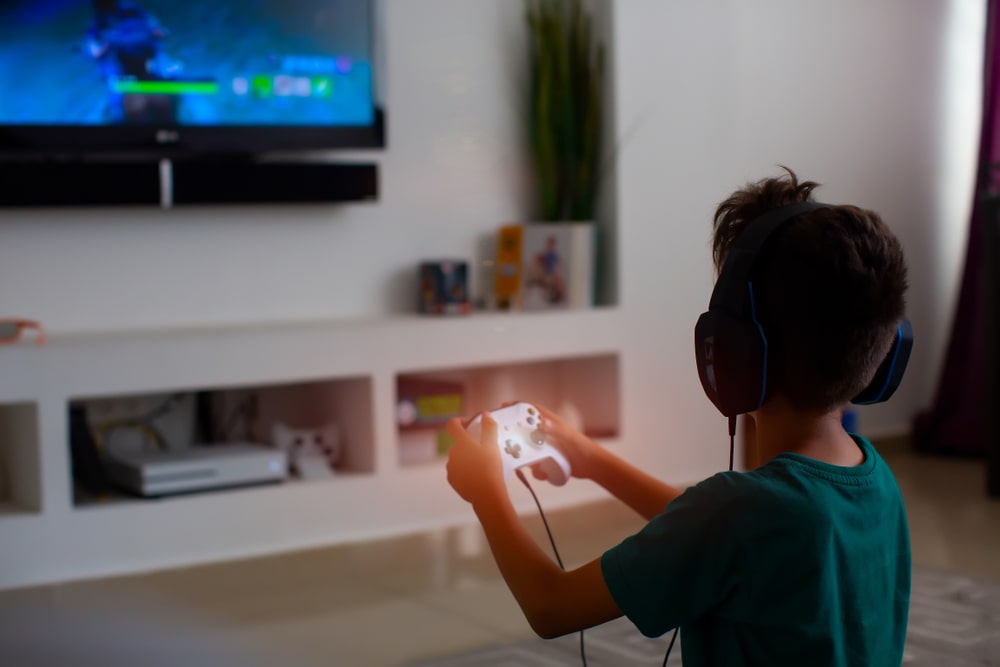Video gaming is pervasive in the lives of American teens, and the relationship between gaming and teenage mental health is complex. A Common Sense Media study, released in March 2022, found that teens spent an average of one hour and 46 minutes per day gaming in 2021, on either a computer, mobile device, or console. There are both positive and negative aspects of gaming in relation to mental well-being. The following data illuminates some of the ways in which gaming and teenage mental health are interconnected:
-
Positive effects:
- Cognitive benefits: A cross-sectional study conducted on 2217 adolescents by the Department of Psychiatry, University of Vermont, Burlington, relieved that a small level of increased cognitive function was observed in the children who played video games compared to those who did not. Further, according to research published by the American Psychological Association, video gaming can enhance multiple cognitive skills including better allocation of attention, visual processing, memory, reasoning, and perception.
- Heightened creativity: A study by Michigan State University scholars shared that young people who play video games tend to be more creative, regardless of whether the games are violent or nonviolent.
- Improved problem-solving abilities: A longitudinal study found that playing strategic video games correlated positively with problem-solving abilities and school grades in the following year.
-
Negative effects:
- Violent ideation: A comprehensive meta-analysis has shown that exposure to violent video games is a causal risk factor for increased aggressive behavior in teens. Additionally, in 2018, four large countries, including the United States, analyzed 24 studies involving 17,000 young people and concluded that those who played violent video games tended to manifest violent behavior, such as fighting or hitting.
- Physical health complications: Researchers have found a significant correlation between gaming and teenage obesity, particularly in teens who spent more than two hours a day playing games. Vision problems, such as eye strain, are common complaints of gamers, which can lead to headaches and poor concentration.
- Addiction to gaming: In 2018, the World Health Organization (WHO) recognized the severity of teenage video game addiction by classifying gaming disorder as a diagnosable mental health condition. According to their definition, gaming addiction is “a pattern of gaming behavior (digital or video) characterized by impaired control over gaming, increasing priority given to gaming over other activities to the point where gaming takes precedence over other interests and daily activities, and continuation or escalation of gaming despite the occurrence of negative consequences.”
While video games can offer various benefits, excessive gaming can cause detrimental mental health effects, particularly among teenagers. Encouraging moderation, balancing gaming with other activities, fostering open communication, and providing support when needed can help mitigate potential negative impacts of gaming on teen mental health.
For Information and Support
Every family in need of mental health treatment must select a program that will best suit the needs of their family. When one member of a family struggles, it impacts everyone in the family unit. To maximize the benefits of treatment we work closely with the entire family to ensure that everyone is receiving the support they need through these difficult times.
Seeking help is never easy, but you are not alone! If you or someone you know needs mental health treatment, we strongly encourage you to reach out for help as quickly as possible. It is not uncommon for many mental health difficulties to impact a person’s life, long term. Pursuing support at the beginning of one’s journey can put the individual in the best position to learn how to manage themselves in a healthy way so they can go on to live happy and fulfilling lives.
OUR KNOWLEDGEABLE ADMISSIONS TEAM CAN BE REACHED 24/7 AT INFO@PACIFICRTC.COM OR CALL: 800-531-5769
We are available to answer any questions you may have regarding mental health treatment and our residential program, anytime. Contact us today using the form to the right.






